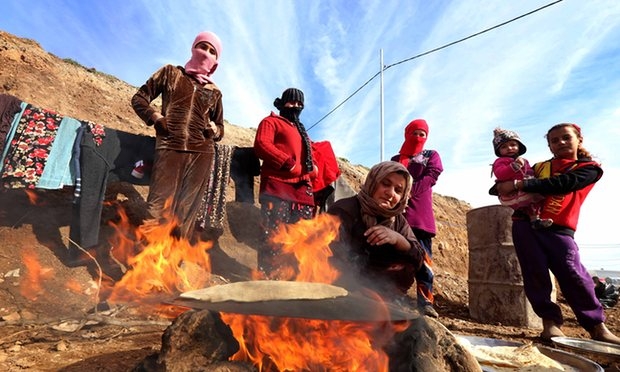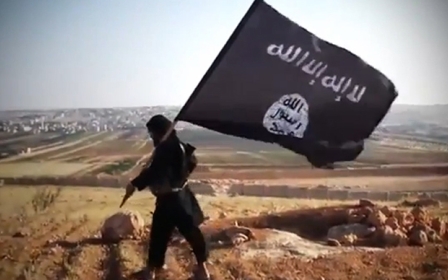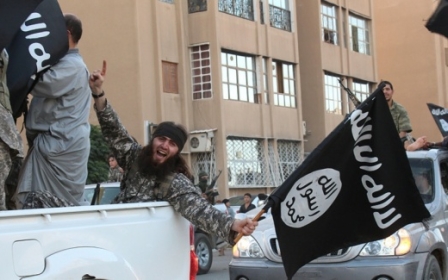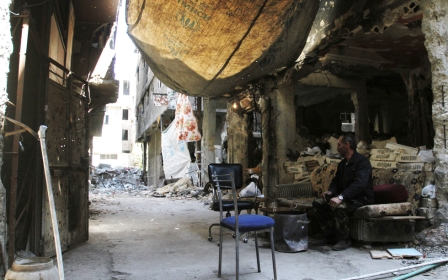UK MPs call on government to label IS crimes 'genocide'

British MPs have called for the government to label crimes by the Islamic State group in Iraq and Syria as "genocide" and refer them to face international justice.
The motion, tabled by Conservative MP for Congleton Fiona Bruce, demands that the government refer IS’s actions targeting religious minorities to the UN Security Council, with a view to asking the International Criminal Court to pursue the group.
During a sparsely-attended parliamentary debate, Bruce raised the spectre of the Holocaust, saying “there can be no good reason” to delay referral to the Security Council in hopes of raising IS atrocities with the ICC.
“In the final analysis it is about doing justice, and seeing justice being done,” Bruce told the House of Commons.
MPs had on Tuesday night heard evidence of young women from the Yazidi community, who had been abducted and raped by members of IS in Iraq.
Stephen Pound, Labour MP for Ealing North, used the debate to urge young UK Muslims not to “move to an area so dark” that only the most serious word, genocide, would be used to describe it.
The UK is a signatory to the 1948 Genocide Convention, and as such must take action to “prevent and punish” genocide when it is acknowledged.
However, the government has always insisted that its long-standing policy is to leave the international judiciary to decide on matters of genocide.
Though the motion was tabled by a Conservative MP, the government is understood to have imposed a whip to demand that its members reject the proposal.
Conservative MP Nusrat Ghani reminded participants that, despite the government’s apparent unwillingness to describe IS’s actions as genocide, foreign office minister Tobias Ellwood conceded last month that he believes “acts of genocide have taken place”.
One Labour MP, Jo Cox, warned that by focusing on the atrocities carried out by IS, politicians could risk glossing over violations committed by the regime of Syrian President Bashar al-Assad.
However, none of the parliamentarians who spoke in the House of Commons on Wednesday did so to oppose the motion.
'Genocidal by self-proclamation'
The EU Parliament recognised IS’s treatment of religious minorities as genocide in February.
The US followed suit the following month, marking only the second time Washington has declared an ongoing conflict to be genocidal.
"Daesh is genocidal by self-proclamation, by ideology and by actions: in what it says, what it believes and what it does," Secretary of State John Kerry said at the time, using the US government's preferred term for the group.
Late last month the UK’s House of Lords voted down a similar amendment to the Immigration Bill that would have forced a High Court judge to rule on whether IS is committing genocide.
The proposal would have seen anyone from a national, ethnic, racial or religious group that is threatened by genocide automatically judged to meet the conditions for UK asylum.
The amendment had the backing of several high-profile figures including Baroness Helena Kennedy, a prominent human rights lawyer and Labour member of the House of Lords.
However, the bill was narrowly voted down after the government urged Conservative Lords to reject it.
New MEE newsletter: Jerusalem Dispatch
Sign up to get the latest insights and analysis on Israel-Palestine, alongside Turkey Unpacked and other MEE newsletters
Middle East Eye delivers independent and unrivalled coverage and analysis of the Middle East, North Africa and beyond. To learn more about republishing this content and the associated fees, please fill out this form. More about MEE can be found here.




